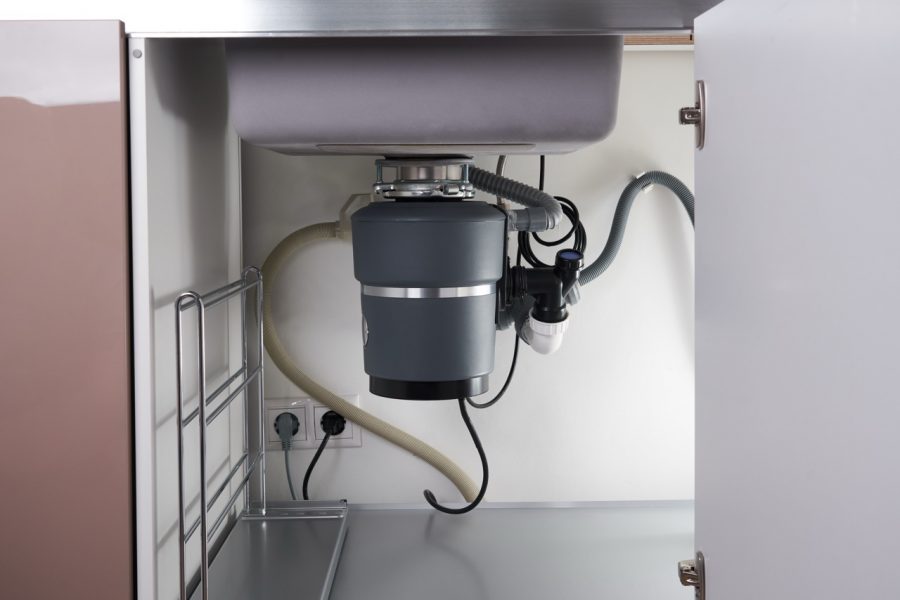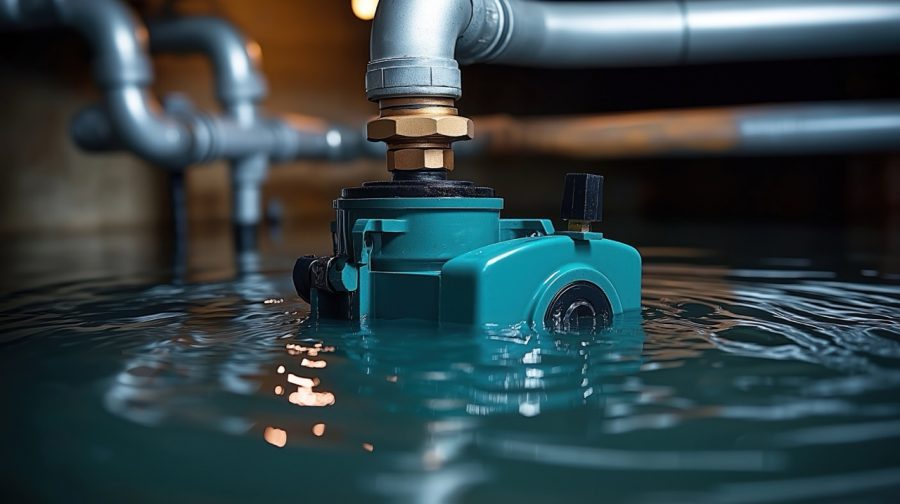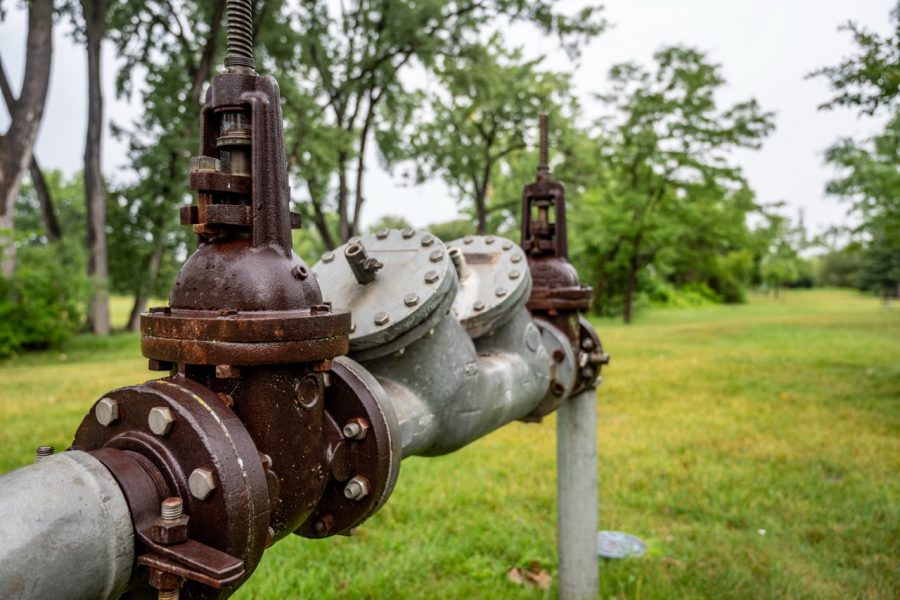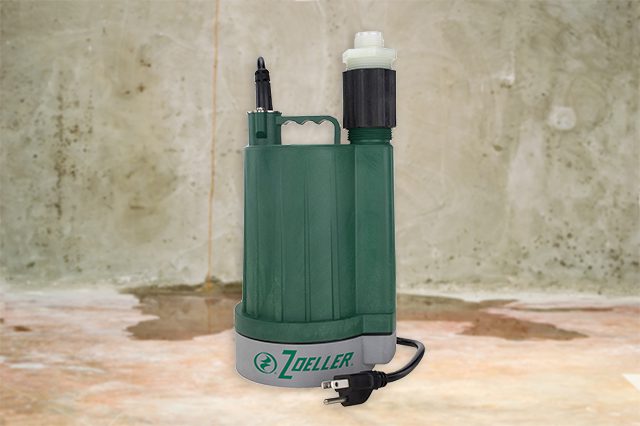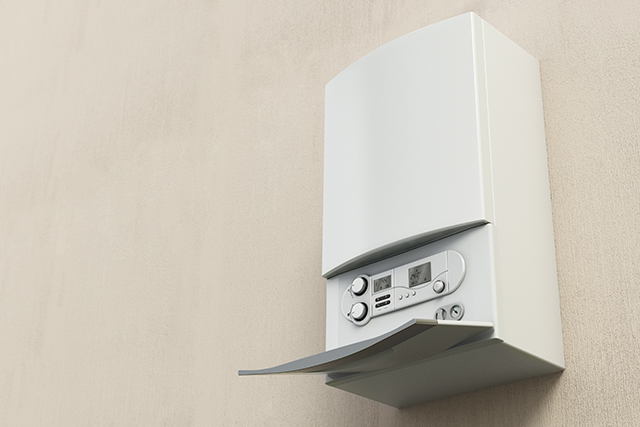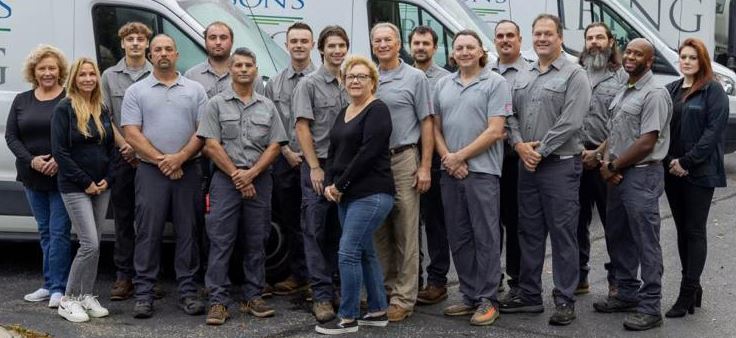Your garbage disposal works hard every day to keep your kitchen clean and efficient. But like any appliance, it needs a little care to avoid breakdowns and messy clogs. If your disposal is slow, noisy, or not draining, it could be a sign it’s time for maintenance—or a replacement.
Common issues stem from misuse. Pouring grease, fibrous foods (like celery or corn husks), coffee grounds, or bones into the unit can lead to jams and buildup. Over time, these blockages can damage your pipes or burn out the motor. The good news? Most of these problems are avoidable with a few simple habits.
Run cold water when using the disposal to help flush debris down the drain. Avoid dumping large quantities of waste at once. And once a week, grind up a few ice cubes or citrus peels to help clean the blades and keep odors at bay.
If your garbage disposal smells bad, hums without turning, or is leaking from the bottom, it’s time to call in the pros. Some issues can be repaired, but older units or those with worn-out parts are often better off being replaced. A new disposal can offer more power, quieter operation, and improved energy efficiency.
At Putman & Son’s Plumbing, we handle garbage disposal repairs, replacements, and new installations quickly and professionally. Our team can help you choose the right model for your kitchen needs and ensure it’s installed correctly for long-lasting performance.
